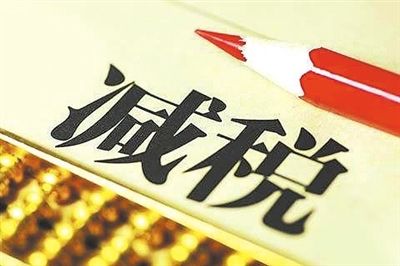
Photo: sina.com
The planned hike in the individual income tax threshold proposed in a draft amendment to the Personal Income Tax Law is a welcome move to raise people’s incomes and enhance their sense of gain.
Seven years have passed since the tax threshold was last raised in 2011 — from 2,000 yuan ($309) to 3,500 yuan — during which the per capita disposable income has increased by more than 7 percent each year, to reach nearly 26,000 yuan in 2017. Raising the threshold is thus a move that reflects that change.
The draft amendment that was submitted to the country’s top legislature for discussion on Tuesday is also a direct response to Premier Li Keqiang’s call for personal income tax reform to narrow income disparity and promote social fairness.
China’s taxation system embraces the principle that “high-income earners pay higher taxes while low-income earners pay less or no taxes”. Yet that goal has yet to be fully achieved due to deficiencies in the current income tax system.
For example, the current tax structure for personal income is very complicated, with progressive rates applied to 11 categories of income. This has led to some people with multiple sources of income evading tax by juggling their income among various tax categories.
The draft amendment seeks to plug the loopholes by simplifying the tax structure. For example, by including wages, income from personal services, rewards, and artists’ royalties into one category. And, for the first time, it has a tax-avoidance clause, to which individuals will be subject if they are caught trying to evade tax.
The amendment also proposes tax-deductible items for the first time. These include the cost of children’s education and the treatment for serious diseases, as well as the interest payments for housing mortgages and rent, which, should they be implemented, will greatly ease the cost of living, for wage earners in particular.
China collected nearly 1.2 trillion yuan in personal income tax in 2017, accounting for about 8.3 percent of all tax revenues for the year. In developed countries, personal income tax accounts for more than 30 percent of tax revenues suggesting that personal income tax still plays a limited role in promoting fairer wealth distribution in China.
How to strengthen that role should be a priority in future personal income tax reform.


